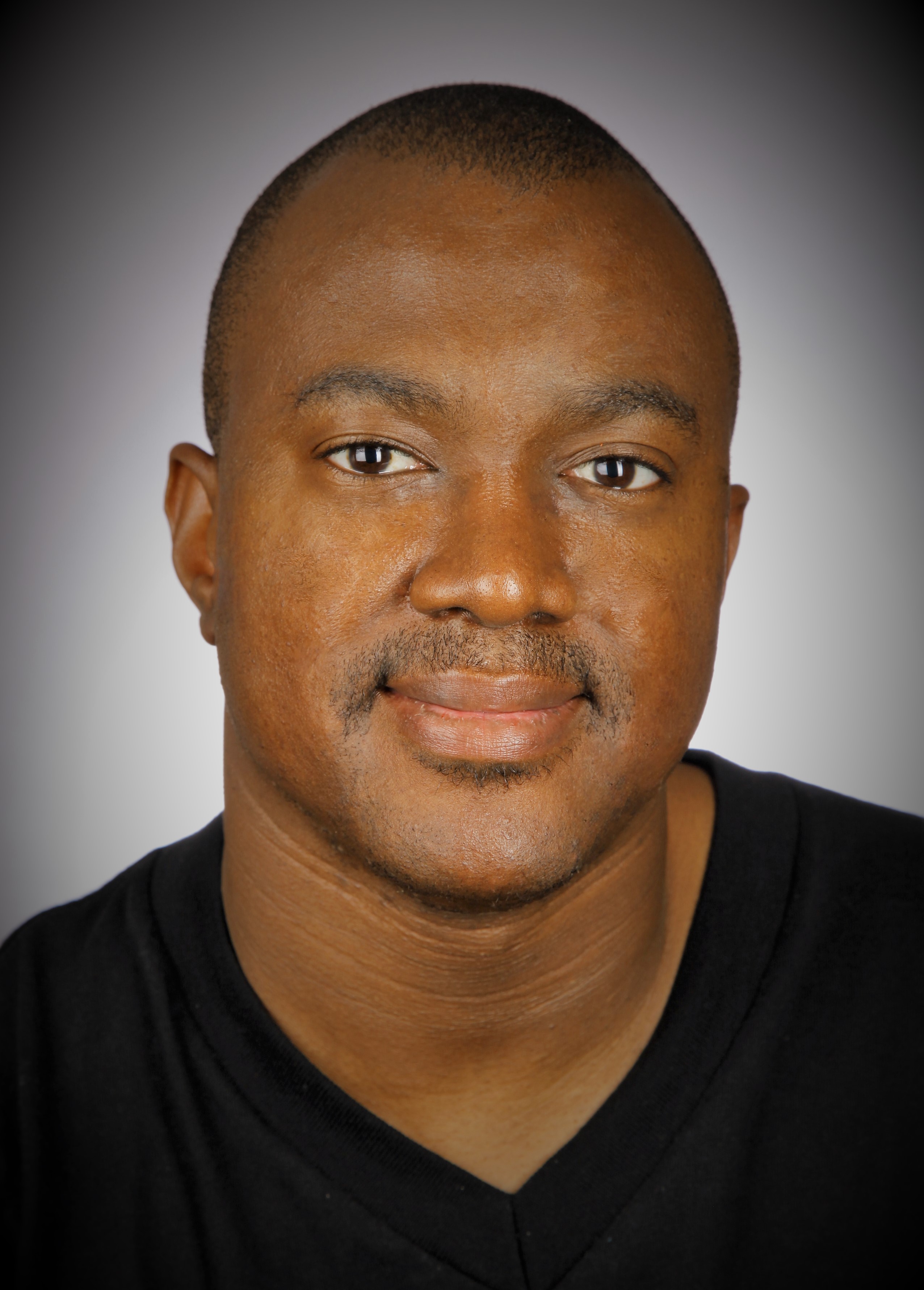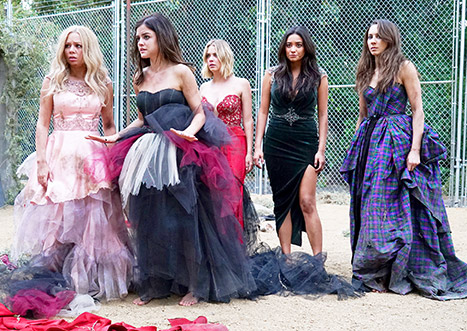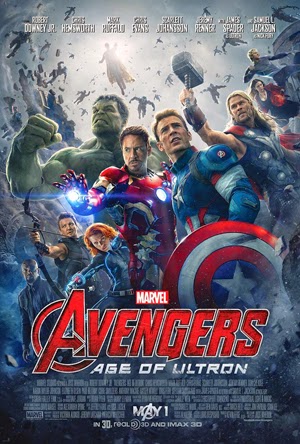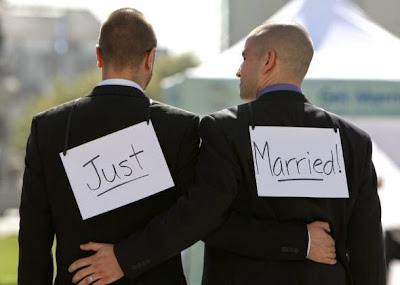Sometimes, it seems as though the media forces society to focus on “stupid” things. The surge of reality television doesn’t exactly inspire intelligent thought . . . .
Recently, Snoop Dogg—and later Chris Brown--caused waves by referring to Caitlyn Jenner as both a “science project” and “Bruce;” Siri corrects that now. Mr. Dogg rightfully received hell for his insensitivity, but he did make a point shared by many. Now, arguably, Caitlyn’s journey can be considered much more than just mindless gossip. However, around the time she appeared on the cover of Vanity Fair, hip hop artist Akon continued to fight to bring electricity to over 600,000 Africans. He launched the campaign last year.
Likewise, with the primaries coming up, focus has either been on the many GOP candidates or Hillary Clinton. But Bernie Sanders, an Independent running as a Democrat, drew a crowd of around 10,000 on July 1st in Madison—the largest of any candidate thus far. If you only paid attention to mainstream media’s coverage, you would believe the Socialist had no support among the Democratic base.
Mainstream media, social media, and straight journalism converge in many aspects. All
three have found a way to work together, just as news found a way to work with radio after its conception. That doesn’t always mean media focuses on important news, nor does it mean one should expect blogs, clips, tweets, and shows to meet the same standards as journalism. From a journalist's perspective, there might be a few reasons for the disparity in coverage.
three have found a way to work together, just as news found a way to work with radio after its conception. That doesn’t always mean media focuses on important news, nor does it mean one should expect blogs, clips, tweets, and shows to meet the same standards as journalism. From a journalist's perspective, there might be a few reasons for the disparity in coverage.
Certain qualities make an event “newsworthy.” If something happens close to home--“proximity”—the news media covers it. That’s why you typically hear about national news before international news. Another quality--“significance” (or “impact” as I learned it)—takes into account how many people could be affected by the news. “Prominence” refers to the celebrity or overall status of those involved—it could be why Caitlyn received more coverage than Akon. “Timing” or “timeliness” means exactly that; no one necessarily cares about what happened four days ago, and it’s a station’s or publication’s fault for failing to cover it in a timely manner. “Human interest,” the final quality, means something that inspires or otherwise tugs at an audience’s heartstrings. It serves as a nice break from the disturbing ills of humanity. A journalist considers these qualities when deciding what to report, but sometimes one quality trumps another.
Media consolidation could be a more troubling reason for the disparity.
Most people understand that certain media companies control more of the media than others. Take Australian businessman Rupert Murdoch for example. He owns 21st Century Fox, along with all the Fox channels, HarperCollins, The Wall Street Journal, and others. People consider what he owns a conglomerate.
In media consolidation, companies buy out other companies at an alarming rate. At last count, six companies control the media everyone encounters daily: Disney, Viacom, CBS, Time Warner, GE, and News-Corp. Capitalism?
A very small group of people decide what you see, read, and hear. These “heads” have their own opinions and sometimes agendas. It goes back to the First Amendment, in which “the press” has the freedom to report ethically without reparation. Journalists must meet higher standards because they’re supposed to disseminate important information to the public. Supposedly, an informed citizenry directly makes for a democratic society.
This consolidation partly accounts for net neutrality’s importance. As opposed to radio/airwaves, print, and TV/movies, the internet continues to be relatively unrestricted. Small publications (Look to the Cookie!), independent publications, etc. get a fair shot at reaching the general public. Companies could pay internet providers more so that they reach the public quicker. The smaller companies (with smaller budgets) have no chance, and in the process, will lose traffic and revenue.
Pretty terrifying thought, no? Fortunately, we can combat this.
Recently, a fierce fight waged throughout our government to keep the internet open and neutral. Democracy won, and the Federal Communications Commission set strict rules on maintaining a balance. That could change with a new chairman, so do support politicians willing to stand up for your right to unbiased and varied information.
Additionally, support alternative media . . . and thank you for reading this piece. We often lack the backing of corporations and depend on donations. Unfortunately, only other journalists officially hold journalists to ethical standards, and that can be brutal. Just look at how long it took Brian Williams to get back on the job—and not even on the same station. Reputation is everything in the profession. Without it, you’re nothing. Without the extra pressure of a conglomerate, reporters are more likely to be unbiased. Luckily, journalists seem to have quite a bit of freedom even with that pressure.
Democracy preserved. For now?

































I would add, too, that we shape what they cover by choosing to watch it. It would be as simple as changing the channel and not engaging the agency in question. Even just posting to tell them their coverage sucks, increases their SEO and online ad revenues.
ReplyDeleteThe move to alternative media can be a good thing, but we must be careful. We know Inquisitr is crap and ditto for Examiner. They're so tainted by false reporting that it's hard to know what's useful. Then you have usually-reliable places like RawStory running with theirs. You've got Gawker, normally a great place for news with their various sub-blogs doing gay-shame pieces.
What's a media consumer to do? How do we make ourselves smarter media consumers? I think you and I have an advantage, being trained at evaluating sources. That's the next step for people like us: To help other Americans find the tools they need to evaluate their sources.
I like the comment--yes Examiner is a joke (I have written there as well) and the Gawker stuff is unfortunate.
DeleteGermar Derron